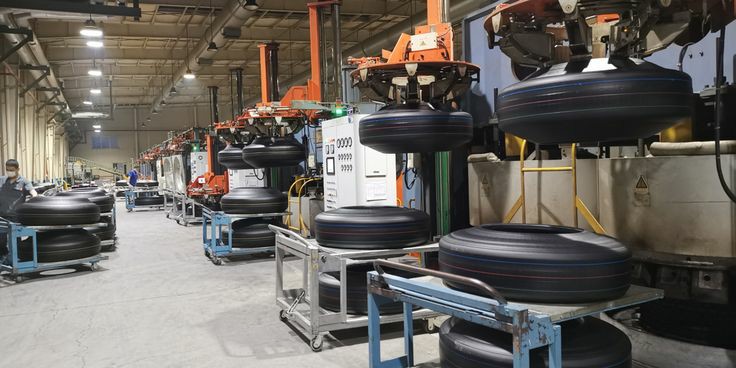Uncategorized
The Future of Electric Vehicles: Advancements and Impacts
The automotive industry is undergoing a significant transformation with the rise of electric vehicles (EVs). As concerns about climate change and sustainability grow, EVs are emerging as a promising solution to reduce greenhouse gas emissions and dependence on fossil fuels. In this blog post, we will explore the future of electric vehicles, including technological advancements, infrastructure development, and the potential impact on the environment and society.
- Technological Advancements:
The future of electric vehicles is marked by continuous technological advancements. Battery technology, a critical component of EVs, is rapidly improving. Manufacturers are investing in research and development to enhance battery energy density, charging speed, and overall performance. This progress is leading to longer driving ranges, shorter charging times, and increased affordability, making EVs a more viable option for a wider range of consumers. - Expansion of Charging Infrastructure:
To support the growing adoption of electric vehicles, the development of charging infrastructure is crucial. Governments, businesses, and public-private partnerships are investing in the installation of charging stations in urban areas, highways, workplaces, and residential complexes. Fast-charging stations are being deployed, enabling EV owners to recharge their vehicles quickly and conveniently. The expansion of charging infrastructure is key to addressing range anxiety and encouraging more people to switch to electric vehicles. - Environmental Benefits:
Electric vehicles have the potential to significantly reduce greenhouse gas emissions and improve air quality. By replacing internal combustion engines with electric motors, EVs produce zero tailpipe emissions. Additionally, as renewable energy sources such as solar and wind power become more prevalent, charging EVs with clean energy further reduces their carbon footprint. The widespread adoption of electric vehicles can contribute to mitigating climate change and creating a cleaner and healthier environment for future generations. - Economic Implications:
The transition to electric vehicles also has economic implications. The EV market presents opportunities for job creation in manufacturing, battery production, charging infrastructure installation, and maintenance sectors. As the demand for EVs increases, it can stimulate economic growth and technological innovation. However, the shift from traditional gasoline-powered vehicles may also have an impact on industries such as oil and gas, requiring adaptation and diversification of their business models. - Enhanced Driving Experience:
Electric vehicles offer a unique and enhanced driving experience. Electric motors provide instant torque, resulting in quick acceleration and a smooth, quiet ride. The absence of internal combustion engine noise reduces noise pollution, creating a more serene driving environment. Additionally, EVs often come equipped with advanced features and technologies, such as regenerative braking and intelligent energy management systems, which optimize efficiency and maximize range. - Challenges and Solutions:
While the future of electric vehicles is promising, there are challenges to overcome. Limited driving range, longer charging times compared to refueling with gasoline, and initial high purchase costs are factors that affect consumer adoption. However, technological advancements, increased charging infrastructure, and government incentives are addressing these challenges. Continued research and development, along with supportive policies, will drive further improvements and make electric vehicles more accessible and attractive to a broader audience.
The future of electric vehicles is bright, driven by technological advancements, expanding charging infrastructure, and environmental consciousness. As EV technology evolves, we can expect increased driving ranges, reduced charging times, and improved affordability. The widespread adoption of electric vehicles will contribute to a cleaner environment, promote sustainability, and create new economic opportunities. With ongoing developments and concerted efforts, electric vehicles are poised to revolutionize the automotive industry and pave the way for a greener and more sustainable future.

